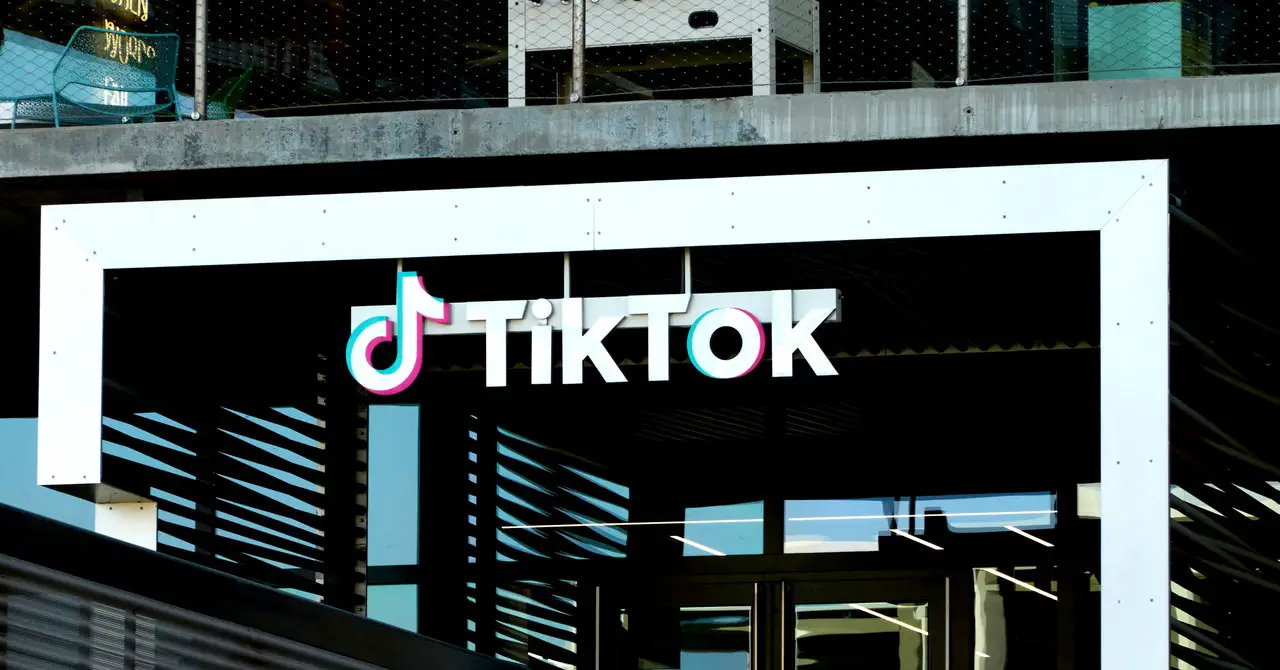
A TikTok ban is back on the table after the House approved a new bill on Saturday addressing the issues that stalled it out in the Senate.
The bill would allow the Biden administration to ban TikTok nationwide if it doesn’t divest from its China-based owner, Bytedance, within a year. It’s different from a similar bill passed in the House last month and gives TikTok an additional six months to find a US buyer. The previous bill stalled out in the Senate after Senate Commerce Committee Chair Maria Cantwell raised several issues, including the short timeline for divestiture.
It passed easily, in a 360-58 vote.
“This app is a spy balloon on Americans’ phones,” said representative Michael McCaul, a Texas Republican, in his introduction of the bill on the House floor Saturday. “It is a modern-day Trojan horse … used to surveil and exploit America’s personal information.”
The TikTok backlash had bipartisan support. “National security experts are sounding the alarm, warning that our foreign adversaries are using every tool at their disposal, including apps like TikTok, to amass troves of sensitive data on all Americans,” said representative Frank Pallone, a New Jersey Democrat. “This bill takes decisive action to mitigate our adversaries’ ability to collect Americans’ data and use it against us.”
Digital liberties groups have pushed back against a TikTok ban over First Amendment concerns, and because they believe that getting rid of TikTok fails to address the underlying issue of pervasive data collection. “The only solution to this pervasive ecosystem is prohibiting the collection of our data in the first place,” wrote the Electronic Frontier Foundation, a nonprofit digital rights group, in a post last month. “Ultimately, foreign adversaries will still be able to obtain our data from social media companies unless those companies are forbidden from collecting, retaining, and selling it, full stop.”
Even X owner Elon Musk spoke out against the ban. “In my opinion, TikTok should not be banned in the USA, even though such a ban may benefit the X platform,” he posted Friday on X. “Doing so would be contrary to freedom of speech and expression. It is not what America stands for.”
Regardless, divestment or a ban now seems almost certain. This new measure had been tacked on to a multi-billion dollar foreign aid package directed at Ukraine, Israel, and Taiwan. After Iran’s retaliatory attack against Israel last week, this aid has been fast-tracked, which would make it more difficult for the Senate to avoid passing it.
Cantwell has endorsed this latest package, saying in a Wednesday statement, “I’m very happy that Speaker Johnson and House leaders incorporated my recommendation to extend the Byte Dance divestment period from six months to a year. As I’ve said, extending the divestment period is necessary to ensure there is enough time for a new buyer to get a deal done. I support this updated legislation.”
For several years, Congress has tried and failed to force a TikTok sale. Republicans and Democrats have feared that the app poses a risk to US national security, providing the Chinese government troves of American user data. But Congress has provided little evidence to support these claims, and TikTok and its supporters argue that banning the app would violate freedom of speech rights.







